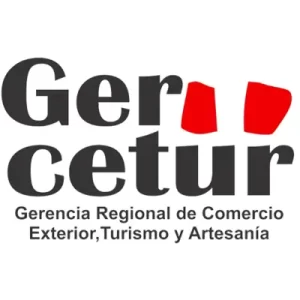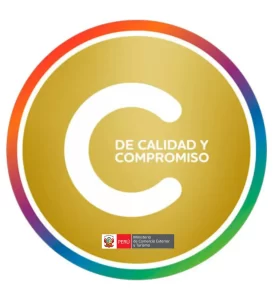

This concept reflects the level of excellence that a company offers in its products or services, and the continuous commitment to satisfying its customers. In the tourism sector, it involves providing authentic, safe, and well-organized experiences, from customer service to tour operations. Demonstrating quality and commitment helps generate trust, loyalty, and a positive reputation, both nationally and internationally. This also translates into the adoption of standards such as ISO 9001 and the constant improvement of processes and services.
The carbon footprint measures the total amount of greenhouse gas (GHG) emissions, especially CO₂, that a person, company, or activity generates directly or indirectly. In the case of tourism, it considers factors such as transportation, accommodation, energy consumption, and waste generated. Reducing the carbon footprint has become a priority for responsible companies, which adopt practices such as:
Efficient use of resources
Emissions offsetting
Promoting sustainable tourism
In Peru, this approach aligns with national climate commitments and the rise of ecotourism.
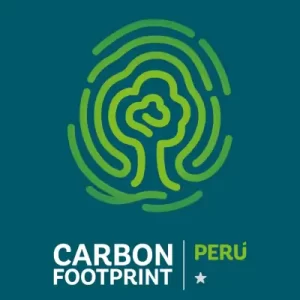

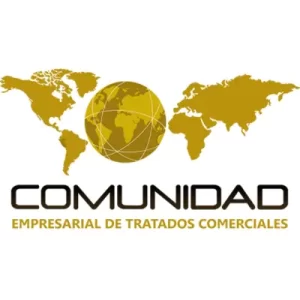

The business community brings together companies that share common interests and promote sustainable economic development in their region. In tourism, belonging to business networks or associations facilitates collaboration, shared learning, and access to commercial offers such as joint promotions, strategic alliances, and events. Furthermore, actively participating in the community allows agencies to strengthen their positioning, contribute to local development, and respond in a unified manner to the challenges of the sector, such as seasonality or new traveler demands.
A registered travel and tourism agency is a business formally recognized by the Peruvian authorities, particularly the Ministry of Foreign Trade and Tourism (MINCETUR) and, in some cases, by regional tourism directorates. Being registered implies:
Complying with legal and administrative requirements
Providing safe and reliable services
Being authorized to operate legally in the country.
Having this registration provides credibility with clients, facilitates access to government benefits, and allows participation in fairs and official promotional programs. tourist.
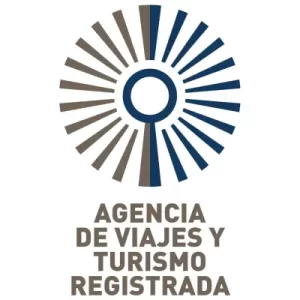

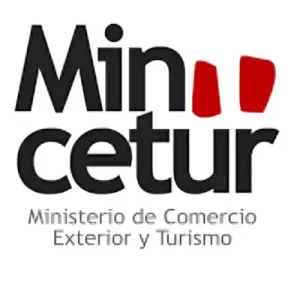

The Tourism Quality Seal is a recognition granted by the MINCETUR to companies in the sector that meet high standards of quality, safety, and sustainability in their services. Obtaining this seal means that the company has undergone a rigorous technical evaluation and applies good practices in management, customer service, infrastructure, innovation, and social responsibility. For a travel agency, having the seal represents a key competitive differentiator for national and international tourists.
The Regional Tourism Registry, managed by the GERCETUR (Regional Management of Foreign Trade and Tourism), is a requirement for all tourism companies operating in a specific region of Peru. This registration guarantees that the company:
Is formally established
Meets the minimum standards for operating in the sector
Can be audited and supported by the regional government
Being registered in this registry not only provides legal security, but also Also, access to training, regional promotion, and coordination with other entities in the tourism sector.
